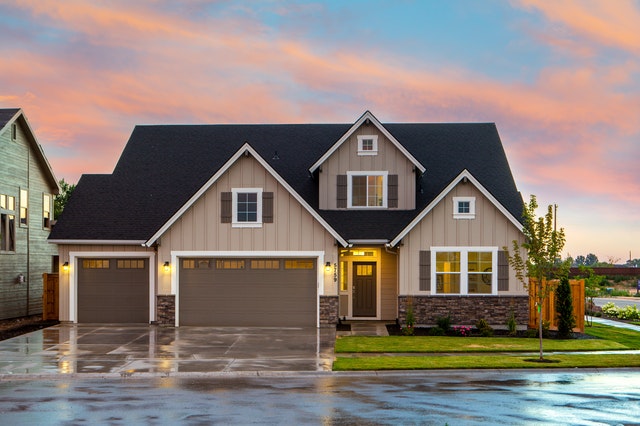Most people make their biggest purchase in their life when they purchase a home – and there are lots of things to consider. Making sure you have paid all the fees and costs involved in choosing a house/flat to make a home.
Your Mortgage & Other Costs
The biggest part of the cost of a first-time home is usually covered by a mortgage, but to qualify you usually have to pay at least 10% down. Buying the property is only one of the costs involved. There are others that can easily be overlooked. It may be necessary to use a solicitor and budget for their fees, and you would be wise to set aside a couple of hundred dollars if you plan to move furniture and have to hire a removal firm or just a van.
What Budget Are You Working With?
After preparing your budget for mortgage costs and fees as described above, determine how much cash you have to put down as a deposit and how much can be used as a deposit. Then begin your house search. It is best to start looking at properties within a certain price range once you know for sure that you can qualify for a mortgage of that amount. Be open to viewing houses that are priced above your income level, as some sellers are willing to negotiate, and as the saying goes, ask and you shall receive! A long time on the market can be an indication that the seller may be considering a lower offer, or is already considering lowering the asking price.
The Perfect Location
The price of real estate varies greatly by area. You might consider compromising on the area where you live if you need the extra bedroom, or you might consider buying a cheaper property that needs some updating and doing the work as and when you can afford to increase the space for your money. It is a good idea to see a property more than once you have found a home that you like, as chances are you will miss some things and may not notice potential problems during your first viewing. If you are looking at a particular development such as Armand Candea, speak to them about current and future developments.
How Far Will You Need To Commute?
You should also consider the ease of access to the work area when choosing an area. A lot of us travel to and from work. There’s a good chance that you are looking at properties near your place of work, however, it is important to consider whether you are planning on changing your job in the future. If you persist in living in rural areas in the future, you may have limited employment options. Moving house can be time-consuming and costly – it may be helpful if you do not have to move house later on to find employment. Think about how much your weekly rent would be if you lived near the city centre or a town. In the event that you were to commute into the office when you began working from home, you will need to know how far you will have to travel if you continued to work from home.
These four tips should help you to make the right choices when choosing your next home. Do you have any other important factors that should be included? Please share some of them in the comments section.
